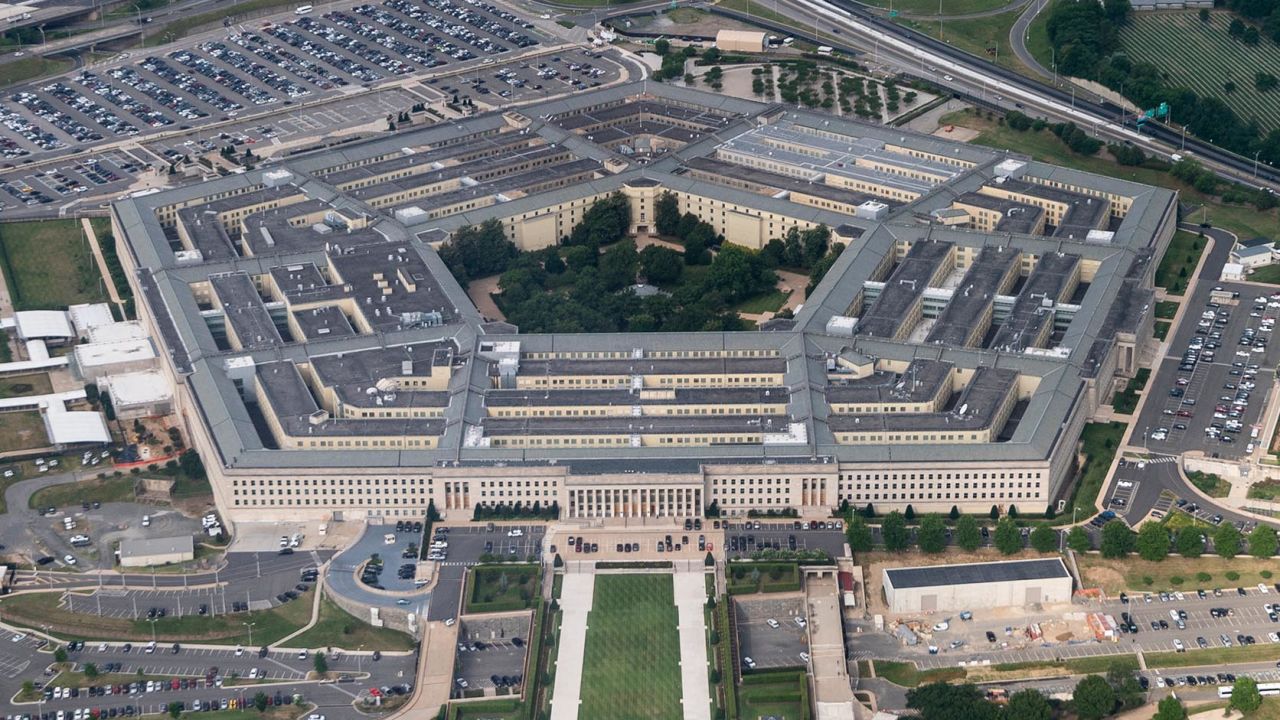Already a subscriber? Make sure to log into your account before viewing this content. You can access your account by hitting the “login” button on the top right corner. Still unable to see the content after signing in? Make sure your card on file is up-to-date.
The Department of Defense has awarded two contracts totaling $7.8 billion to Lockheed Martin and Raytheon in an effort to acquire shitloads of advanced missiles for both the United States and its allies.
Getting into it: The larger of the two contracts, valued at $4.3 billion, was awarded to Lockheed Martin for the production of the Joint Air-to-Surface Standoff Missile (JASSM) and the Long Range Anti-Ship Missile (LRASM). These weapons are crucial for long-range precision strikes. The JASSM is a low-observable cruise missile capable of delivering a 1,000-pound penetrating warhead over 500 nautical miles, designed to engage high-value ground targets with pinpoint accuracy. The LRASM, which shares a production line with JASSM, is built for maritime dominance (it autonomously detects, tracks, and attacks enemy ships from long range, even in contested electronic environments).

According to the Department of Defense contract announcement, this Lockheed deal includes missile procurement for both the US Air Force and Navy, as well as Foreign Military Sales (FMS) to Poland, Finland, Japan, and the Netherlands. In a statement, the Pentagon said, “Increasing JASSM and LRASM production is essential for American and allied national security, and Lockheed Martin is ready to answer the call.”
The second contract, worth $3.5 billion, was awarded to Raytheon (RTX Corporation) to produce Advanced Medium-Range Air-to-Air Missiles (AMRAAMs), which are capable of targeting airborne threats at long ranges with radar-guided precision. These missiles are compatible with multiple fighter aircraft platforms and can also be launched from ground-based NASAMS air defense systems. The deal includes the delivery of AMRAAMs to 19 allied nations, including Taiwan, the United Kingdom, Japan, Australia, and Ukraine, making it the largest AMRAAM contract ever.
Funding from this contract will also support telemetry kits, test equipment, and engineering services to maintain and scale production. In a statement, the Pentagon said, “This award underscores the critical role that the fifth-generation AMRAAM plays in maintaining air superiority and will ensure service members have the advanced technology needed to stay ahead of adversary threats.”
This comes as the Pentagon hopes to double AMRAAM production from 1,200 to 2,400 missiles per year by 2026.







